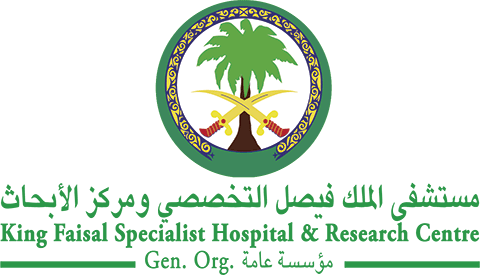Abstract
Background: Immune checkpoint inhibitors (ICIs) are the newest class of anticancer drugs. Pneumonitis is increasingly being recognized as a potential complication of these agents. Methods: We conducted a retrospective study of patients who received ICIs at a comprehensive cancer center. We collected data on demographics, type of malignancy, type of ICI agent, incidence of pneumonitis up to 6 weeks after receiving ICI agent, clinical characteristics, and risk factors for overall survival in patients who develop pneumonitis. Results: A total of 654 patients received ICIs during the study period. The most common type of cancer for which ICI was given was adenocarcinoma of the lung (29%), followed by renal cell cancer (12%) and squamous cell lung cancer (12%). Among the study patients, 41% received nivolumab and 32% received pembrolizumab. Other patients in the study received combination of ICIs or ICI plus chemotherapeutic agent, or were part of clinical trial involving ICI. Overall 42 (6.4%) patients developed pneumonitis within 6 weeks after the last dose of treatment of any ICI agent. Of these, 81% of patients had Grade 2 pneumonitis and 45% of these required hospital admission for pneumonitis, with 10% of them requiring admission to intensive care unit. Overall, patients who received pembrolizumab-containing regimen, had prior chemotherapy, or who never had cancer-related surgery had increased risk of death. Conclusion: Our large retrospective study shows real-life data of incidence of pneumonitis in patients who are treated with ICIs for cancer treatment. Our data indicate that the incidence of pneumonitis is overall lower than that reported previously with relatively good outcomes.
Recommended Citation
Banavasi, Harsha; Kim, Seongho; Alkassis, Samer; Daoud, Asil; Laktineh, Amir; Nagasaka, Misako; Sukari, Ammar; and Soubani, Ayman O.
(2023)
"Immune checkpoint inhibitor-induced pneumonitis: Incidence, clinical characteristics, and outcomes,"
Hematology/Oncology and Stem Cell Therapy: Vol. 16
:
Iss.
2
, Article 7.
Available at: https://doi.org/10.1016/j.hemonc.2021.09.005
Creative Commons License

This work is licensed under a Creative Commons Attribution-Noncommercial-No Derivative Works 4.0 License.
Included in
Cancer Biology Commons, Hematology Commons, Oncology Commons

